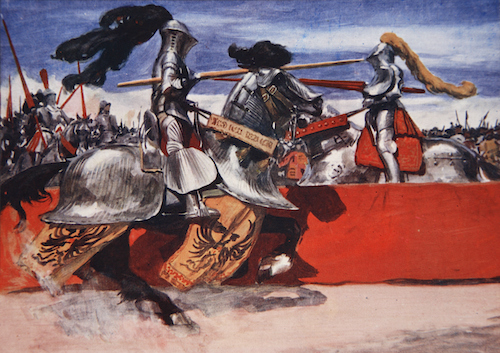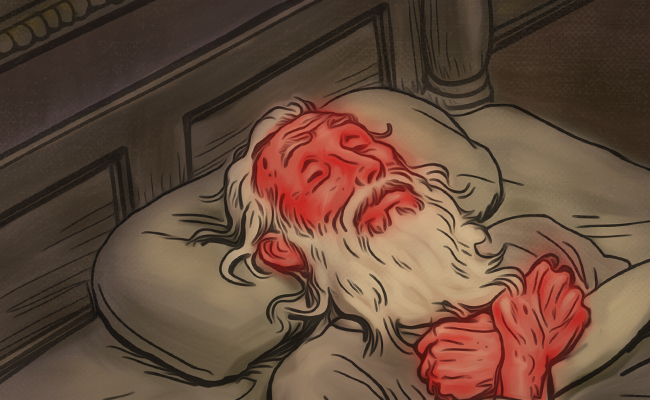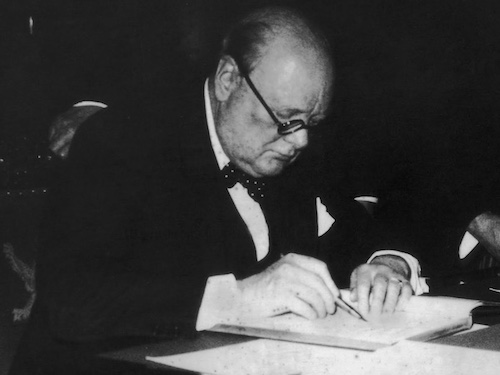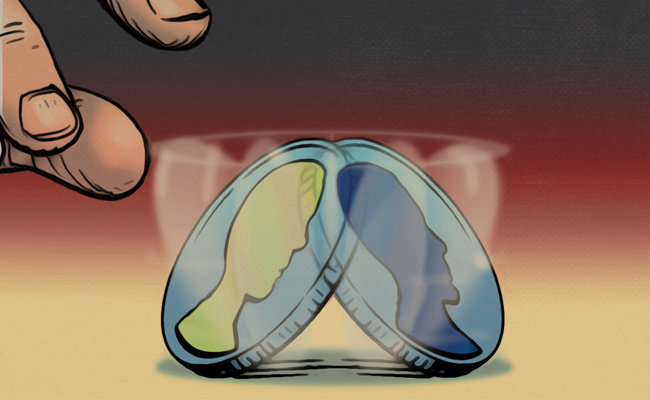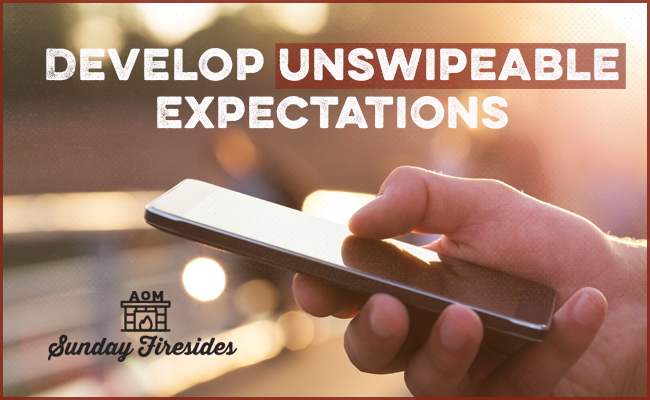
When it comes to thinking about how modern technology has affected our minds, the discussion tends to center on the way it’s fragmented our focus.
But tech has impacted something else in a related and no less significant fashion: our expectations for how life should work.
If we exist much of the time in an online realm where everything’s been deliberately designed to be as frictionless as possible — where we can order food with a few clicks, toggle through potential romantic partners with the micro-movement of a finger, cue up endless entertainment in an instant — that’s inevitably going to color the experience of our offline lives.
Tasks that, in another era, would have brought a little annoyance, now seem like unbearable burdens — unnecessary remnants of an antiquated past it seems inconceivable that scientists and developers haven’t yet fixed. “How can cooking and cleaning possibly require this much time?” “Why does it take forever to finish a book?” “It’s 2022! How is it that no one’s come up with a more convenient solution to flossing every.single.day?!”
Our frustration is especially acute when it comes to that ultimate font of friction: human interactions. How exasperating it has come to feel to have to rub shoulders with people who haven’t been wired to algorithmically align with our own tastes, moods, and preferences!
Now and again we need to recalibrate these phone-inflated expectations with the stubborn, slow-winding rhythms of our concrete, rough-hewn world.
We need to re-accept the reality that it takes months to change a habit, years to make a friend, decades to build a life; re-embrace the idea that friction can sometimes be a character-developing feature, rather than a merely-maddening bug; re-acquaint ourselves with the fact that obtaining any of life’s joys requires a measure of drudgery, frustration, and sweat-and-tears-soaked effort that can’t be swiped away.


